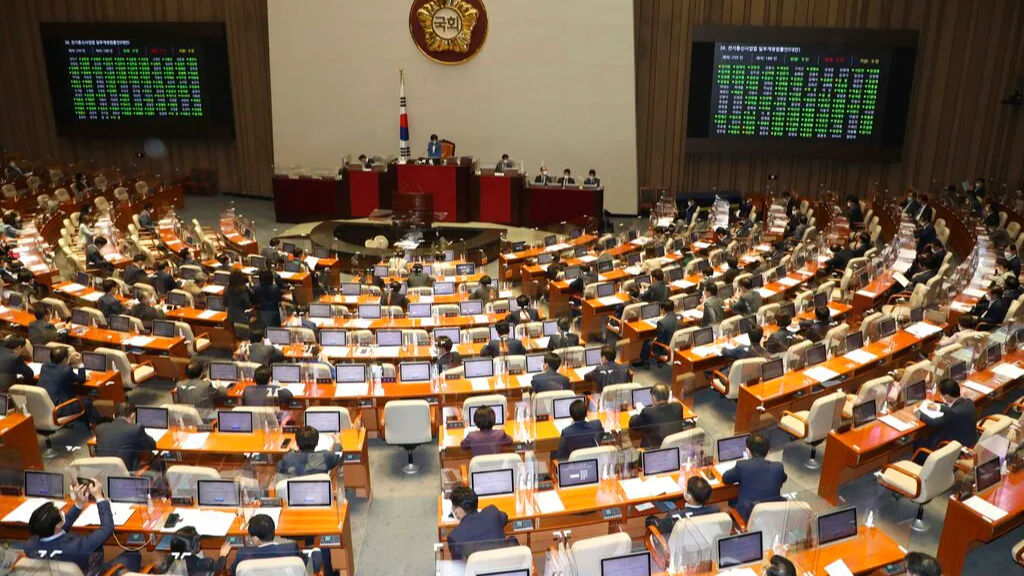South Korea’s National Assembly, on Tuesday, approved legislation that bans app store operators such as Google and Apple from forcing developers to use their in-app payment systems. With this, they reportedly became the first country in the world to pass such legislation.
The legislation will become a law when it is signed by the president, whose party has backed the legislation.
Google and Apple have been criticised for their practice of requiring app developers to use in-app purchasing systems. For this service, the companies receive commissions of up to 30%.
The legislation that was approved in the national assembly prohibits the app market operators from using their monopolies. The bill says that the ban is aimed at encouraging fairer competition.
The bill is also aimed at preventing any retaliation against developers by banning the companies from imposing any delay in approving apps.
Criticising the bill, Apple, in a statement, said that the bill will “put users who purchase digital goods from other sources at risk of fraud, undermine their privacy protections, make it difficult to manage their purchases” and make parental controls less effective.
“We believe user trust in App Store purchases will decrease as a result of this legislation,” the tech giant said.
This legislation also gives South Korean authorities power to investigate the operations of app markets to prevent actions undermining fair competition.
Google said it is considering how to comply with the legislation.
“Google Play provides far more than payment processing, and our service fee helps keep Android free, giving developers the tools and global platform to access billions of consumers around the world,” it said in a statement.
“And just as it costs developers money to build an app, it costs us money to build and maintain an operating system and app store. We’ll reflect on how to comply with this law while maintaining a model that supports a high-quality operating system and app store, and we will share more in the coming weeks,” it said.
(With inputs from Associated Press)







